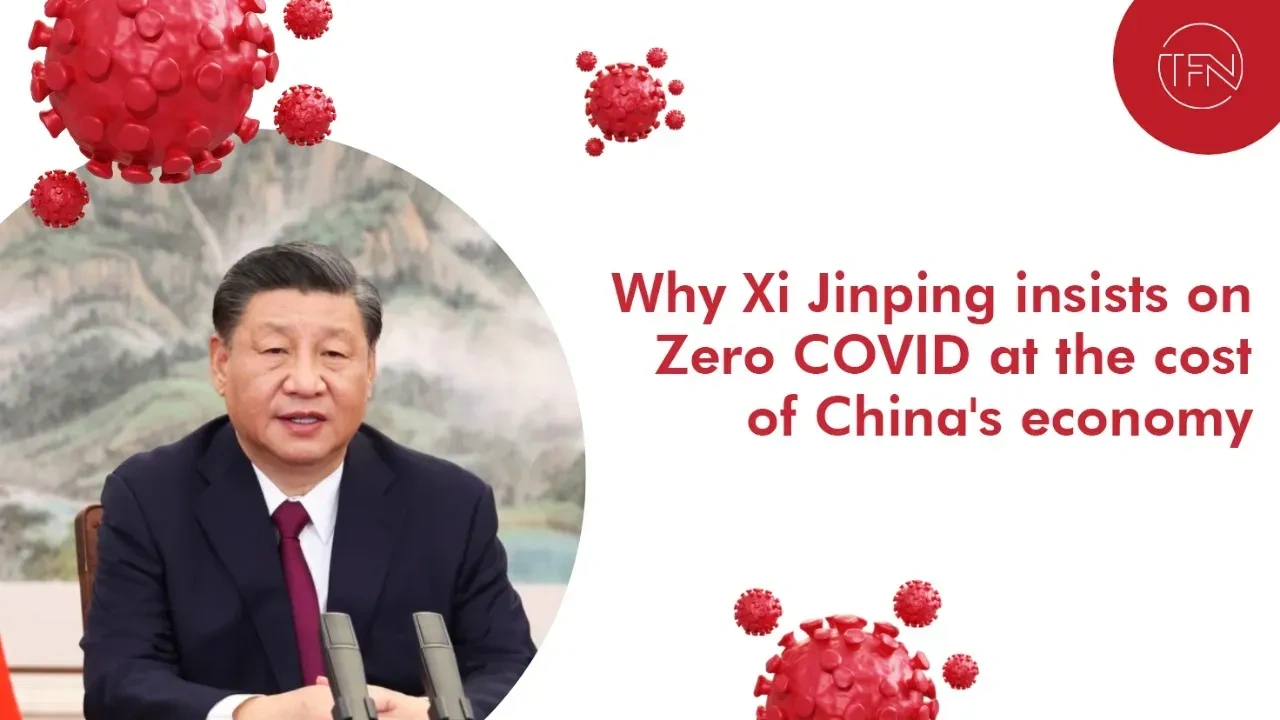
HONG KONG- Chinese President Xi Jinping reiterated his government's commitment to a zero-COVID policy in a speech ahead of the 20th National Congress of the Communist Party of China on Sunday.
Analysts say the comments may disappoint many who had hoped that Xi would lift harsh restrictions that keep foreigners out, slowing economic growth. The policy has been accused of contributing to global supply chain shortages and slowing the recovery of the aviation and tourism industries.
“Even though everyone can see economic growth has slowed, he still wants to persist in zero-COVID. This will hurt people’s livelihoods,” said National Taiwan University political science Professor, Simon Chen.
Observers speculate that China has not reopened its borders and returned to normal life, despite very low infection and death rates. This is because Beijing refuses to allow the import of widely used vaccines developed by Western companies such as Pfizer BioNTech and Moderna.
China relies on a homegrown vaccine. Some observers say Xi insists on zero zeroing his COVID policy, with his government suggesting that a vaccine could prevent a wave of new infections expected this winter. I see it as proof that they don't believe it can be prevented.
“If he gives up this policy, major problems could occur,” Cheng said, adding that China also has time to develop its own mRNA-based vaccine, which is said to be more effective.
Victor Gao, a professor at China's Suzhou University and deputy director of the Beijing-based China and Globalization Research Group Center, said the government's position is aimed at saving lives and preventing death.
“At the core of human rights in China is life, the right to live,”Gao said. “Now you have two ways to deal with the virus. One is herd immunity and two is dynamic zero-COVID. Herd immunity is a dead end because China’s CDC doesn’t allow it; it means you have to sacrifice tens of thousands or hundreds of thousands of people and if this happened in China, you’re talking about close to 10 million people dead because of COVID-19.”
He was referring to the Chinese Center for Disease Control and Prevention.
Maintaining a zero COVID policy does not mean the policy will not change, Gao said, adding that China's quarantine period for COVID-19 has already been adjusted from two weeks to seven days. pointed out. He added that it could be further reduced or even eliminated, depending on the severity of the infection, vaccination rates, and mortality. Jean-Pierre Cabestin, a researcher at the French Center for Contemporary China Studies in Hong Kong, said while some within the party oppose the zero-coronavirus policy, it is strong in some small towns and among doctors and medical professionals. He said he had support. China as a whole.
He suspects that President Xi and the leadership are conservative and think it is better to keep China closed for now.
“My hunch is something else is behind it, the desire not to open up China too much to the outside world. I think what they’re worried about is changes within Chinese society, youths,” Cabestan said. “He [Xi] says the economy is a priority, but we don’t know if security is more important than economic development to him.”

